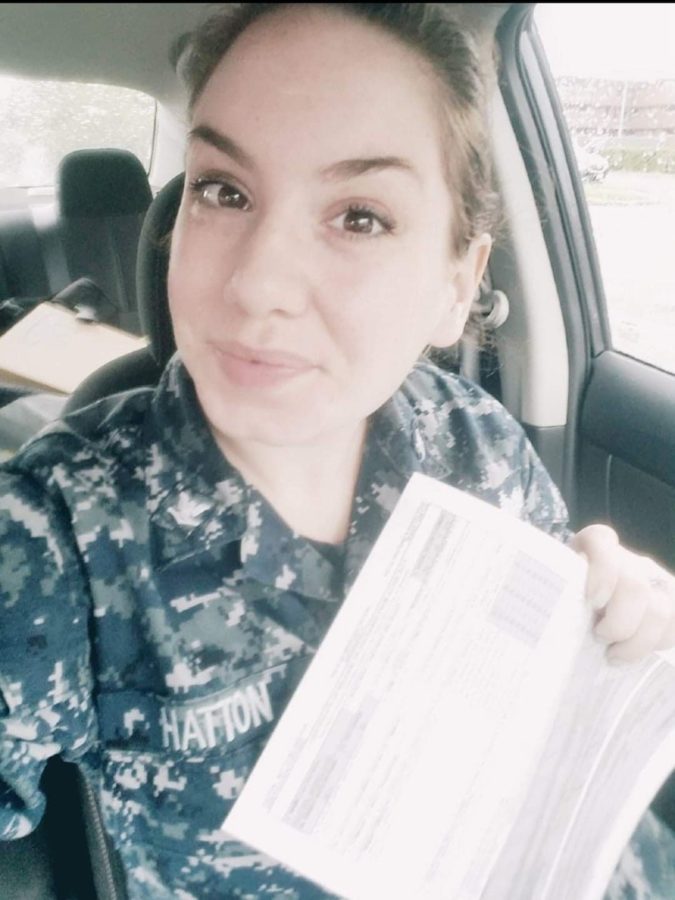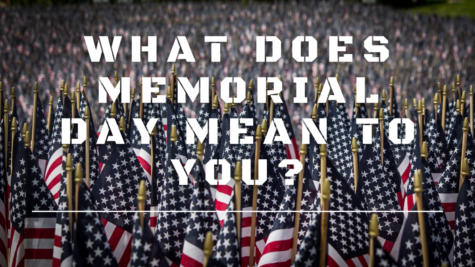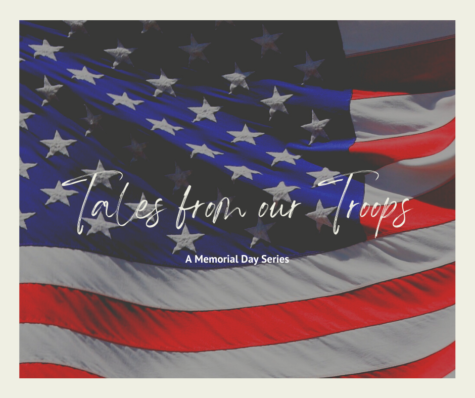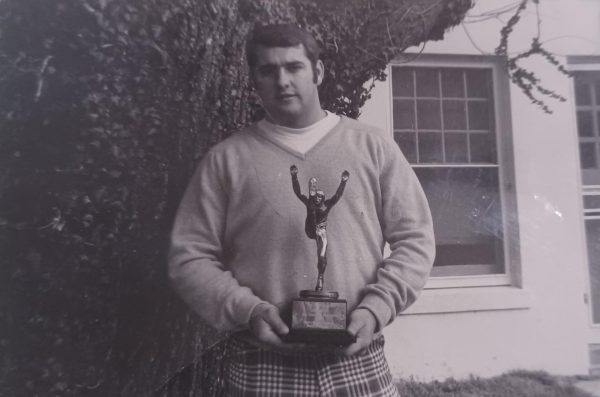Tales from our troops: sexual assault and harassment in the military
Trigger Warning: As the title suggests, this article discusses themes and accounts from veterans and enlisted personnel surrounding sexual assault, harassment, rape, and other potentially disturbing content for some audiences.
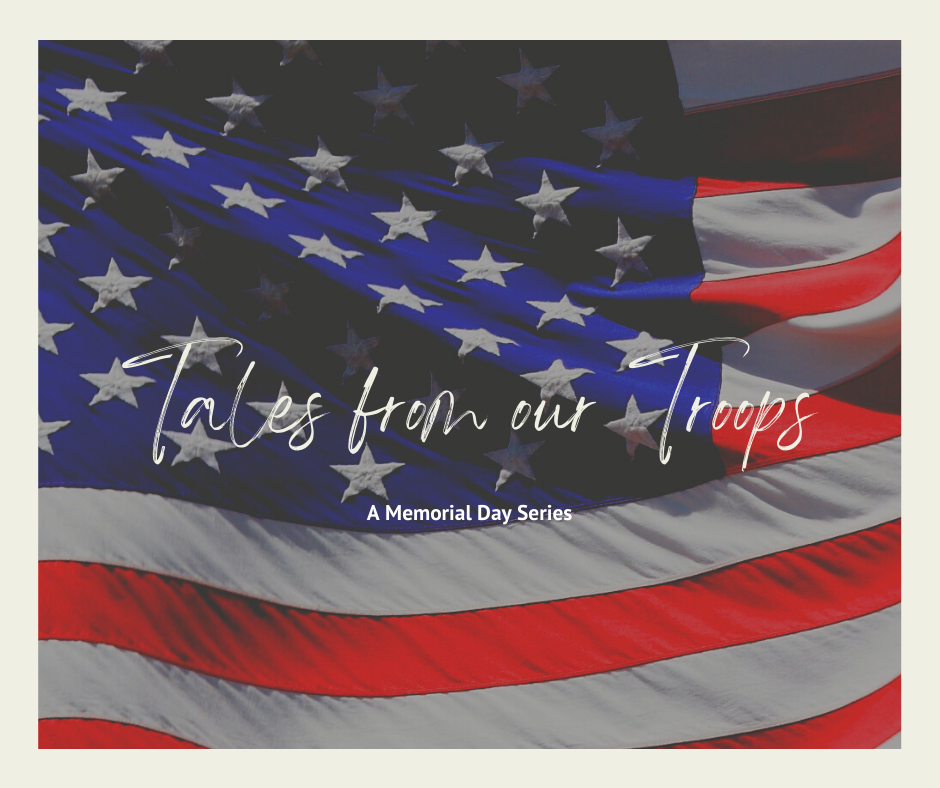
As of 2020, women only make up about 16% of enlisted forces for the United States military.
Even though there is nearly three women for every 20 men in the military, the Department of Defense (DoD) estimates that one in 16 women and one in 143 men experience sexual assault during their enlistment.
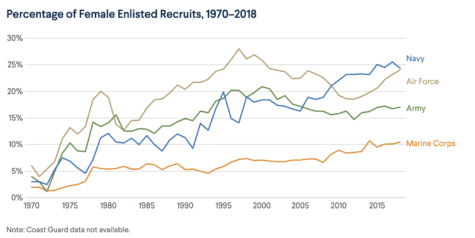
“This is a big problem in the military but in the 10 years I’ve been in, I haven’t experienced it or anyone I know,” said Rashawn Davis, U.S. National Guard.
Many service members do not share the same experience as Davis.
“One of my female Marines at one point was being harassed by a male at work. She reported it to me, I made a report and that Marine faced Non-Judicial Punishment and was moved out of the work center and eventually forced out of the Marine Corps,” said Myles Grissom, U.S. Marine.
According to the DoD, in 2020, more than 6,200 sexual assault reports were made by service members in the United States. However, only 50 reports resulted in convictions by the Uniform Code of Military Justice.
“I know people and have had it happen to me as well. I know women who were raped, and I’ve dealt with higher ranking people in my command pursuing me, smacking my butt, and constantly talking about my boobs or asking to see them,” said Sierra Hatton, U.S. Navy Veteran.
The military has strict policies and protocols in place against sexual assault and harassment. There are also several trainings for enlisted service members specifically targeting sexual assault and harassment.
“They conducted mandatory training about every three months as well as constant communication with all soldiers that they are free to come and talk,” said Davis. “There are multiple investigations to an incident that is reported. If anything, the abuser is relocated to another location and banned from returning.”
The DoD’s Sexual Assault Prevention and Response (SAPR)’s main job is to oversee how effectively service members are adhering to the DoD’s sexual assault policy, and to offer support, care and advocacy for those who report sexual assault. There are restricted reports which maintain confidentiality for the victim and the person who assaulted them. This report does not seek conviction or restitution.
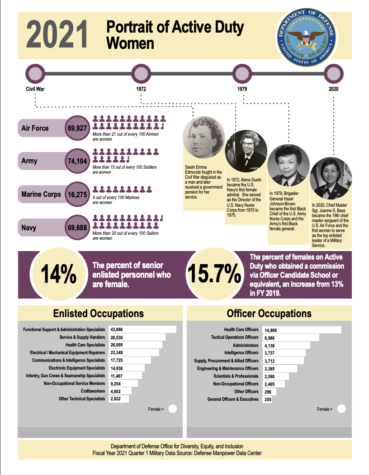
“There’s two ways to report,” said Hatton. “One way is kind of just reporting that it happened, and the other way is reporting it, saying who you are, who they are and pursuing a punishment for them and protection for yourself.”
On the other hand, unrestricted reports involve notifying the victim’s chain of command and the person who assaulted them then results in an investigation where the perpetrator may or may not be punished.
“By ensuring the command had access to multiple Uniformed Victims Advocates, where victims can seek help after a sexual assault or sexual harassment incident to make a restricted or unrestricted report. As well as other resources they have like hospitals, Corpsman, Chaplains services, as well as counseling,” said Grissom.
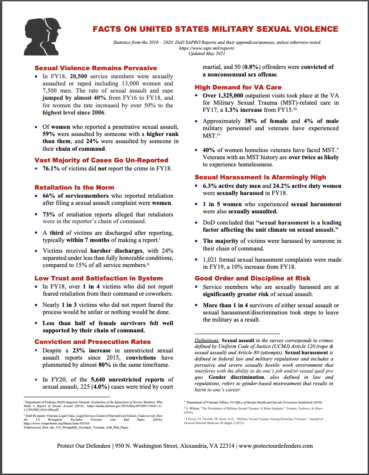
Sexual offenders in the military can face punishments ranging from being dismissed, dishonorably discharged, or even sent to prison. With all of the policies, trainings, and consequences in place for prevention, how are sexual assault and harassment still such serious issues in the military? Hatton says it all lies in the response of the chain of command.
“Oh man, they did not do a good job since they were the primary ones harassing me. On paper they sent us to and facilitated all the training about it and ways to report that they were told to,” said Hatton. “Both friends that I know who were raped were treated as liars and threatened with punishment.”
In the last few years, more and more enlisted women have made national news pressing charges against their offenders.
“It makes me happy to see justice happening. People who commit these serious crimes on their own brother and sisters in Arms, in my opinion, are undeserving to wear the uniform,” said Grissom.
Davis said that shedding light on sexual assault and harassment is a good way to deter the issues from continuing to happen in the future.
“I believe the more people that come forward, the faster we can eliminate the cancer, a.k.a. sexual assault and harassment, from our ranks,” said Davis.
Like Davis, Hatton said that being open and transparent about these concerns on a national level and bringing awareness to civilians is important in fighting against sexual harassment and assault in the military.
“I feel for them. I think they’re so brave and I’m terrified for them, hoping that they’re not targeted anymore for speaking out. Hoping that actually changes something for people in,” said Hatton.
If you are a service member or know a service member who has been a victim of sexual assault or harassment and would like further information about making a restricted or unrestricted report, are seeking medical care or counseling, call the SARC and Victim Advocates 24/7 at 719-333-7272. You could also contact the DoD Safe Helpline at 877-995-5247.
Your donation will support the student journalists of Missouri Southern State University. Your contribution will allow us to purchase equipment and cover our annual website hosting costs.
















